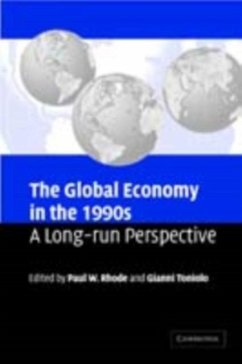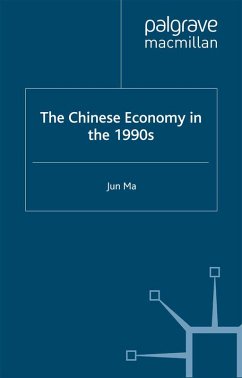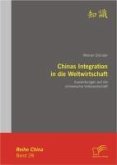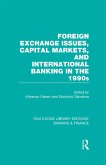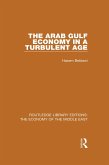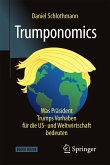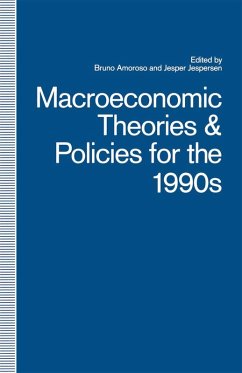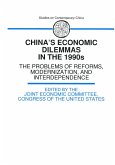The 1990s were an extraordinary, contradictory, fascinating period of economic development, one evoking numerous historical parallels. But the 1990s are far from being well understood and their meaning for the future remains open to debate. In this volume, world-class economic historians analyze the growth of the world economy, globalization and its implications for domestic and international policy, the sources and sustainability of productivity growth in the USA, the causes of sluggish growth in Europe and Japan, comparisons of the Information Technologies revolution with previous innovation waves, the bubble and burst in asset prices and their impacts on the real economy, the effects of trade and factor mobility on the global distribution of income, and the changes in the welfare state, regulation, and macro-policy making. Leading scholars place the 1990s in a fuller long-run global context, offering insights into what lies ahead for the world economy in the twenty-first century.
Dieser Download kann aus rechtlichen Gründen nur mit Rechnungsadresse in A, B, BG, CY, CZ, D, DK, EW, E, FIN, F, GR, HR, H, IRL, I, LT, L, LR, M, NL, PL, P, R, S, SLO, SK ausgeliefert werden.

